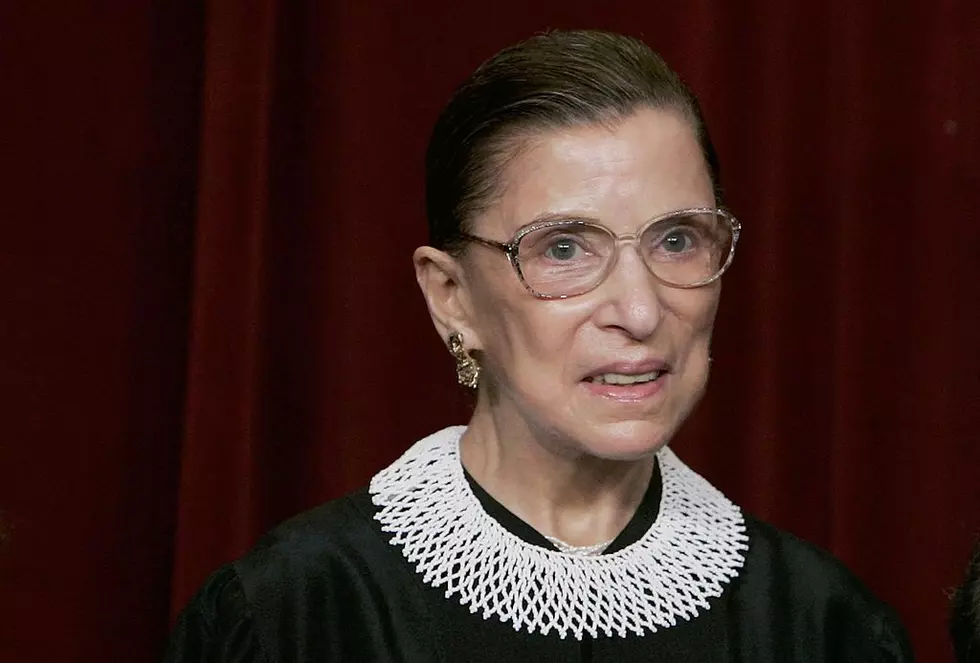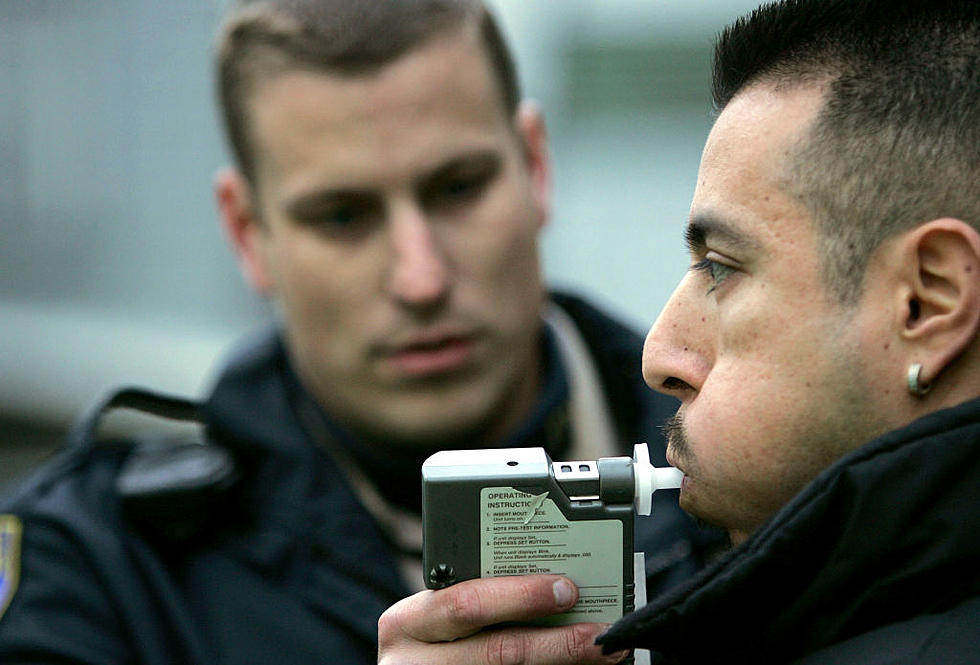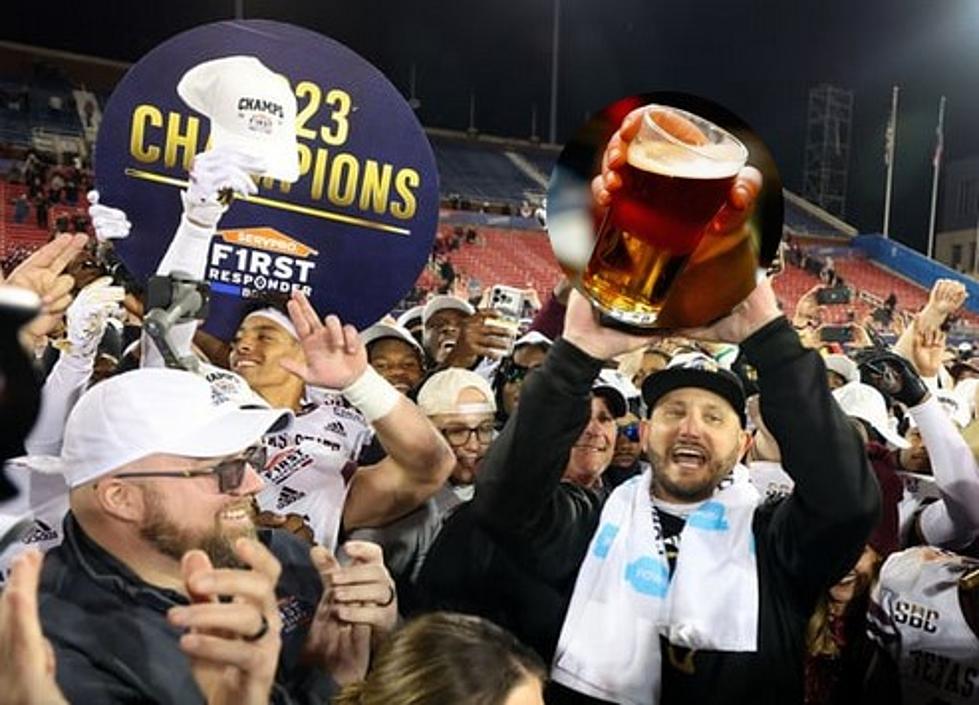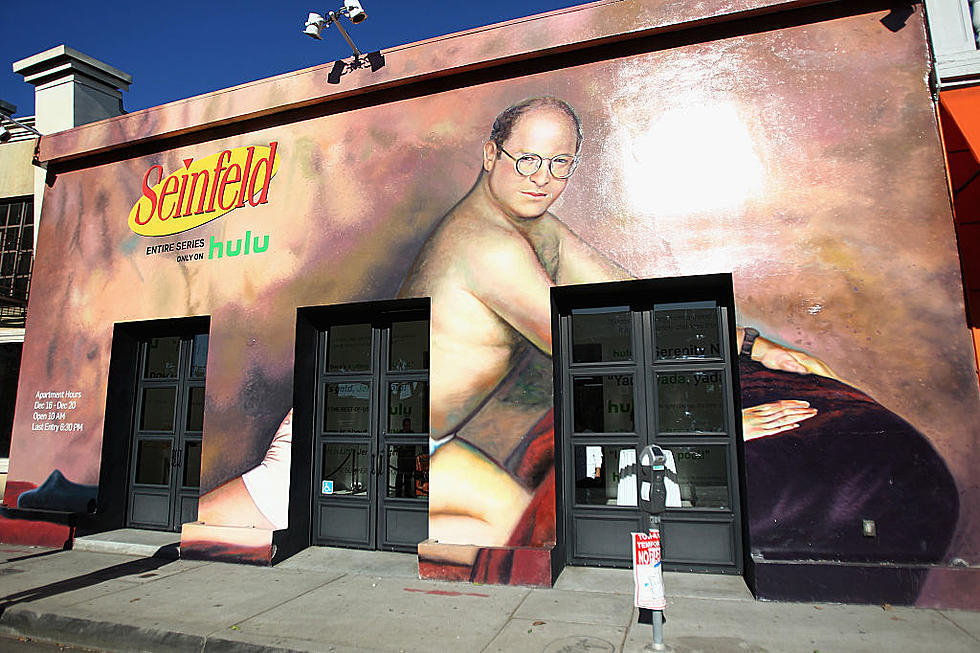
Ruth Bader Ginsburg’s First Time in the Supreme Court Was With a Weird Oklahoma Beer Law
Today I learned something about Oklahoma and a strange law they had on selling beer to men.
Ruth Bader Ginsburg was a major advocate for women's rights in our country during her time on the Supreme Court, but Oklahoma men should also be thankful for her actions back in the day. Turns out the first time Ruth Bader Ginsburg was in the Supreme Court was for a case called Craig v. Boren.
Ruth Bader Ginsburg was not on the Supreme Court during this case, but she was a lawyer for the American Civil Liberties Union. Turns out, back in the day in Oklahoma, woman that were eighteen could buy beer. However, men had to wait until they were 21. Yeah, I had no idea about this.
OSU students Mark Walker and Curtis Craig, along with Honk ‘n Holler convenience store owner Carolyn Whitener, filed a lawsuit against then-governor David Boren saying that the law violated the 14th amendment, which reads
All persons born or naturalized in the United States and subject to the jurisdiction thereof, are citizens of the United States and of the State wherein they reside. No State shall make or enforce any law which shall abridge the privileges or immunities of citizens of the United States; nor shall any State deprive any person of life, liberty, or property, without due process of law; nor deny to any person within its jurisdiction the equal protection of the laws
This amendment is used to make sure that American citizens are treated as equals. Regardless of what sex they are or what is the color of their skin. First instance, Brown v. the Board of Education where kids were divided in schools based on their race. You have definitely heard about the Brown case more than the Craig case growing up, at least I did.
Ginsburg and her team said that the law should be the same for both sexes in the state of Oklahoma. On December 20th 1976, the Oklahoma law was deemed unconstitutional and the age was made the same for both sexes in the state. Ruth Bader Ginsburg said in 1997 that this case she worked on comes up pretty frequently.
“The discrimination is revealed as simply another manifestation of traditional attitudes and prejudices about the expected behavior and roles of the two sexes in our society, part of the myriad signales and messages that daily underscore the notion of men as society’s active members, women as men’s quiescent companions, members of the ‘other’ or second sex,” Ginsburg said. I also learned from this article that she lived in Lawton, Oklahoma in 1955 working for a social security office.
MORE TO EXPLORE: See the the COVID-19 stimulus bill broken down by the numbers
More From 106.3 The Buzz






![Hang On, a Texas Town Had a Beer Drinking Goat as Mayor?! [VIDEO]](http://townsquare.media/site/175/files/2023/04/attachment-Screenshot-2023-04-10-122153.jpg?w=980&q=75)


